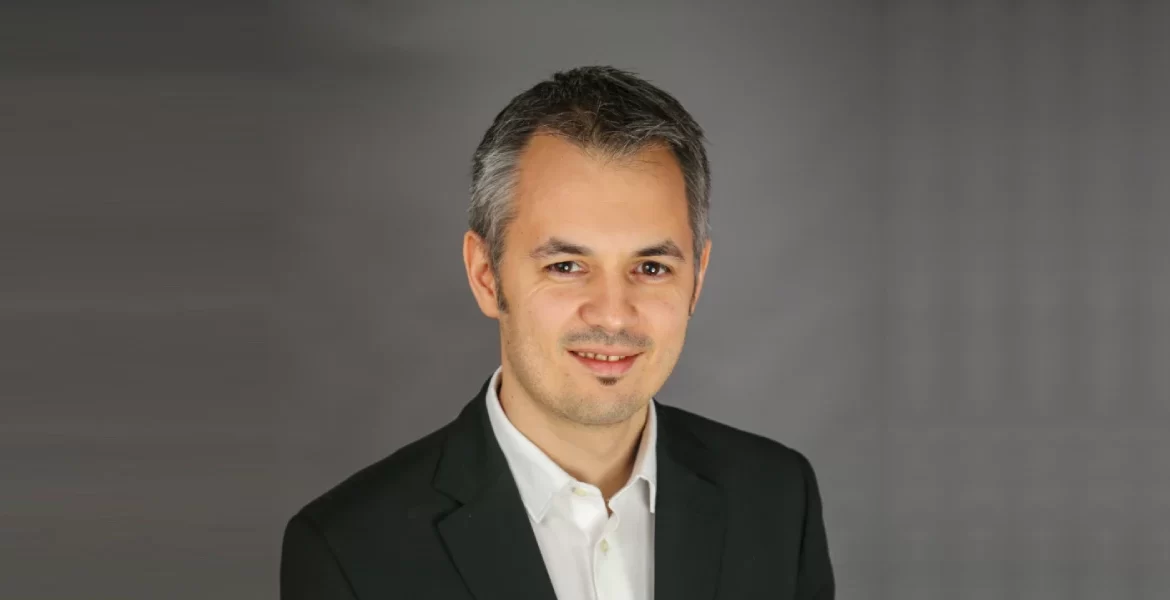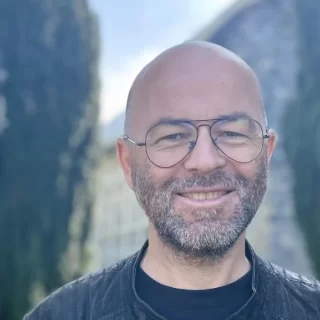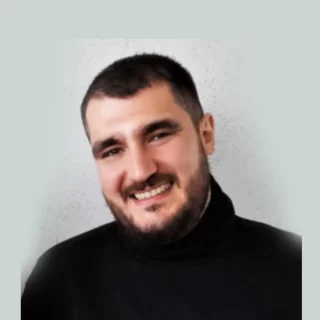A little more than a year ago, I was working on an assignment in Armenia and met a group of displaced ethnic Armenian women from Nagorno-Karabakh – the territory which is internationally recognized as part of Azerbaijan. These women had been displaced by the conflict to Yerevan and had set-up a community-center.
After going through all the introductions, we sat down at a table and my colleague in the project – a Westerner from a development agency – asked one of the women a question: “Can you please tell me your story?”
“It begins many centuries ago….”, the woman said, continuing to list for about twenty minutes the various waves of conquests, wars and geopolitical shifts that shaped the territory which she called home. What struck me from that long elaboration of historical grievances was that we never got to hear much of her own personal story, which I thought was what my Western colleague had in mind. The displaced persons’ notion of history and of the conflict was a collective one in which she was an object with no agency.
This experience reminded me of an American diplomat who had been posted to the Middle East and who once told me how he had been puzzled by the way in which Israelis and Palestinians talked about things that happened in a certain village hundreds of years ago as if they had happened last week, and as if they had happened to them personally.
As someone from the Balkans, this type of linear meta-historical reasoning and enmeshing of individuals with collective narratives seem familiar. Our Balkan wars and animosities are modern phenomena that began with the Ottoman collapse. But the way in which nationalist historians and politicians projected them deep into history has built this fake yet widely embraced notion of “ancient hatreds”, which shapes most people’s views of the past and present.
Collective identities are very potent in building exclusivist/irreconcilable viewpoints between ethnicities with competing claims over a territory. These narratives not only erase entire histories of cooperation and peace but also leave no space to think about peaceful resolution – rather they seek opportune moments for total domination of one over the other. Unfortunately, we saw such outcomes recently in both Nagorno-Karabakh and Israel/Palestine.
Coming from a region like the Balkans, it was in fact always puzzling to me how it was possible for the likes of Schuman and Monnet – only a few years after a second World War in which Europeans slaughtered themselves by the millions – to pursue a project like the Coal and Steel Community (which evolved into the EU) and to argue that peace and integration were the remedy for Europe. How is it that the victims of those who were killed did not find these people to be insane traitors like peacebuilders in the Balkans are? How is it that societies consented?
Kosovo and Serbia are by now a full 25 years apart from their war and yet in many fundamental ways – particularly on issues of dealing with the past – seem further apart than they might have been right after the war, with revisionist narratives in Serbia getting worse by the day.
Why is it possible for people in some conflicts to move on so swiftly, while others linger in perpetual conflict or insecurity?
I propose here three points of differentiation between the Balkans experience and the Western experience of peacebuilding.
The first is a more sociological and cultural one. Part of the reason why the West was able to move towards peace after centuries of bloodshed is the same reason why it was uniquely able to embrace a system of liberal democracy, which the rest of the world is still struggling to embrace. Societies in which notions of individual rights are strong and in which industrialization created diverse identities (beyond ethnic ones) have more space to counter the tribalist traps of collective identity.
Some core enlightenment ideals have simply not been embraced as strongly beyond the West. When my Western colleague and her Armenian interviewee got lost in translation over the simple question of: “What is your story?” – that exchange to me exposed a fundamental difference between individualist and collectivist societies and how they simply view the world in much different ways, including on issues of conflict.
The second point of differentiation is a contextual and political one. For sustainable peace to be possible it matters not that a war ends, but also how it ends and under what terms. After World War II there was a clear winner able to dictate the terms at gun point. The main perpetrator was taken to court, eventually undergoing a deep and exemplary soul-searching exercise that left no space for revisionism about the past.
The way in which the most recent ex-Yugoslav wars ended was not a full defeat of Milosevic and greater Serbian nationalism. Instead, it left the seeds of future trouble – in Bosnia Dayton is more of a state of “truce” rather than a state of peace, and in Kosovo the lack of recognition by Serbia left a lot of unfinished business and grievances lingering. The post 90’s Balkans are more like Weimar Germany, where everyone feels humiliated and seeking revenge, than post- WWII Germany, where a clear line was drawn with the past.
The third, and closely related point of differentiation, is related to the security framework and the hegemony sustaining the political order. Someone external force must be able to guarantee the peace among such divided societies.
In “The Jungle Grows Back”, Robert Kagan convincingly built the case that Europe was only able to achieve its longest period of peace in history because the after 1945 the continent had a neutral non-European hegemon (the US) guaranteeing its security. This external hegemon allowed Western European countries to not focus on arms races and the usual suspicions between themselves, and created a framework for economic development and integration.
The European Union and NATO were supposed to play that same role for the Balkans in providing a security framework for peace and making borders less relevant. Yet for the better part of the last two decades they have failed to do so. The power of Pax Americana started to fade after 9/11, while the EU grew more divided and ineffective.
As Western liberal hegemony weakens, revisionist nationalist projects all over Europe – from Russia to the Balkans – have a newfound space to creep their heads out, seeking to settle old scores and undo the injustices of the outgoing order. Populist politicians have an easy job in mobilizing collectivist ethno-centric societies full of unresolved grievances.
These factors have made the process of normalization of relations between Kosovo and Serbia as states – which was supposed to create the context conducive for broader social reconciliation and justice – hard to attain. The past becomes much more difficult to resolve when the present is polarizing and the future uncertain. The past is in fact weaponized to keep things the same and fuel future conflicts.
As someone who works on peacebuilding, I see the space for such work shrinking. As a former refugee who has had family members killed and lived through the segregation of the 90’s, I increasingly find myself defending my line of work from people who were not even alive during the war and who remind me of “what Serbs have done to us through centuries.”
But then again maybe the darkest hour is just before dawn.
Agon Maliqi is a political analyst and activist from Kosovo. He was the creator and co-founder of Sbunker, a think tank and Albanian-language blog focused on countering authoritarian threats to security and democracy in the Western Balkans. Mr. Maliqi has for many years worked on regional peace and reconciliation efforts, most recently in 2022 as a co-founder of the Kosovo Peace and Democracy Summit. Mr. Maliqi is a member of the International Republican Institute’s (IRI) Western Balkans Task Force and, as of recently, a member of the Heinrich Böll Stiftung’s Western Balkans Strategy Group. Previously, in 2019 he was a resident Reagan-Fascell Democracy Fellow at the National Endowment for Democracy (NED) in Washington D.C.




